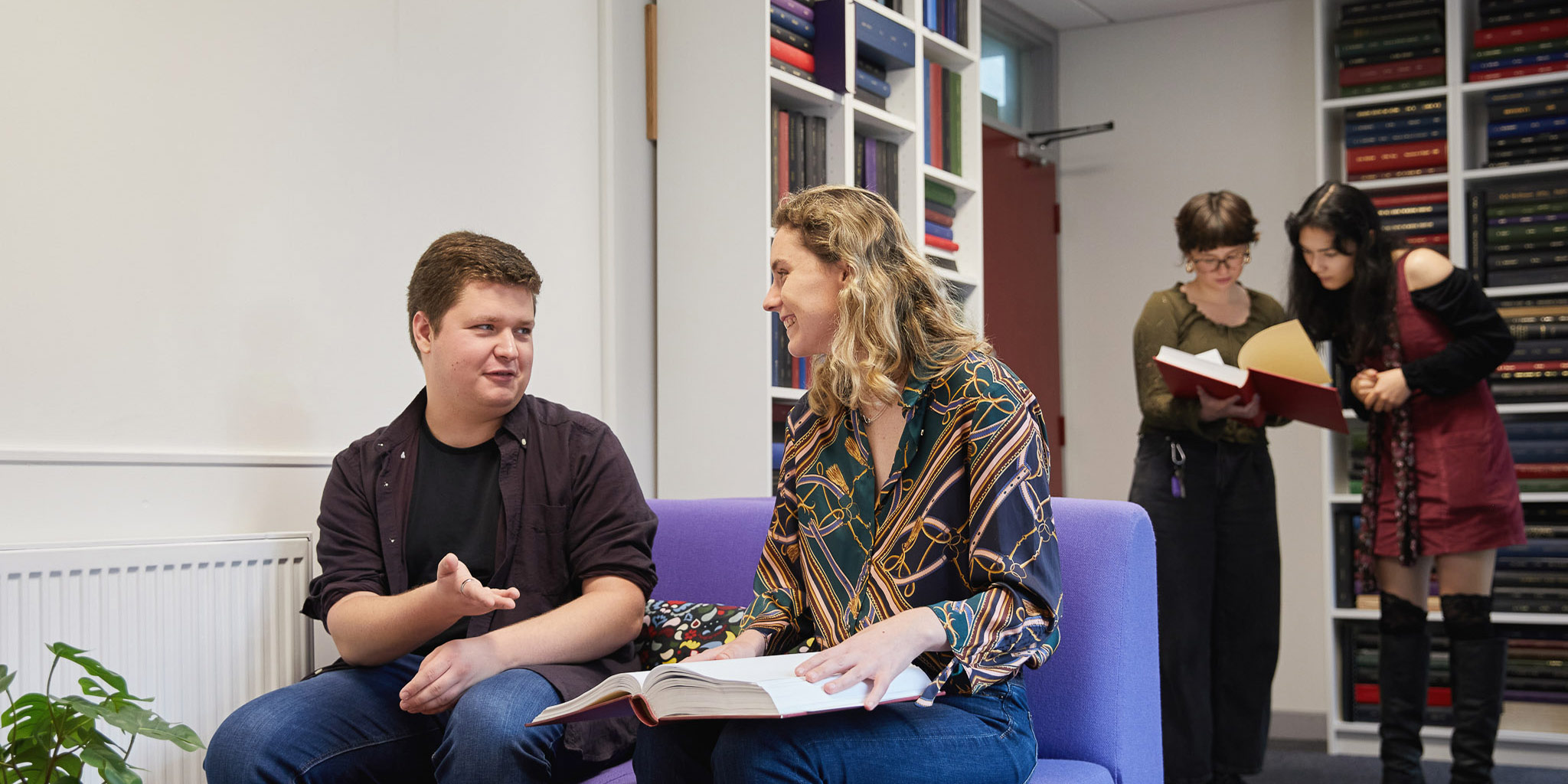We welcome applications for research projects across a whole range of literary periods and genres, including world literature, film, literatures in languages other than English, works in translation and creative writing.
Why study with the Department of English and Related Literature at York?
We have a distinguished research and teaching record, with wide-ranging research interests in the literature and culture of all periods, both in English and a number of other languages (including French, German, Italian, Spanish, Arabic and Latin). We've scored strongly in the latest Research Excellence Framework and rank highly in league tables domestically and internationally.
Our research degrees
We also offer the PhD in English and the PhD in English with Creative Writing as a Distance Learning option for students unable to reside full-time in York.
Research expertise
We invite applications from candidates who are eager to work in any area of interest covered by our department's research expertise. Find out more about the research expertise of our staff.
Before writing your research proposal, we advise you to consult the list of staff research interests and identify potential supervisors in the department. When making your application, you are advised to make your research proposals as specific and clear as possible. You should indicate the member(s) of staff that you wish to work with.



